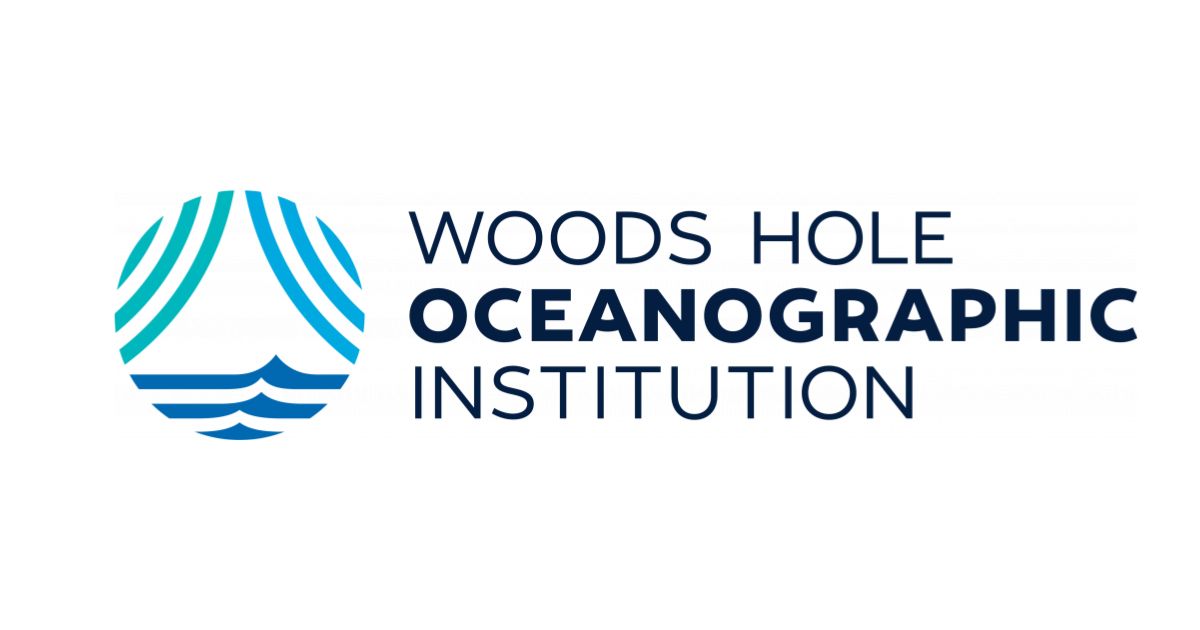Woods Hole Oceanographic Institution (WHOI) is currently searching for a Data Scientist/Scientific Programmer to join the Marine Chemistry and Geochemistry Department.
This is a regular, full-time, exempt position, and is eligible for benefits.
A data scientist / scientific programmer is sought to contribute a new initiative to develop innovative capacity for co-design of ocean observing and modeling systems in support of carbon cycle science and climate solutions. A central role for the successful candidate will be to contribute to a new NSF-supported five-year initiative between Woods Hole Oceanographic Institution and the National Center for Atmospheric Research (NCAR) to advance regional ocean modeling and data assimilation with a focus on carbon cycling.
The internal working title for this position could be either Information Associate I, Information Associate II, or Information Associate III. The final level of the position will be determined commensurate with the selected candidate's level of education & experience.
Essential Functions
The successful candidate will join a collaborative WHOI team pioneering advancements in ocean observations and the development of innovative data products. The candidate will contribute to designing a new community-oriented observational array, the Ocean Vital Signs Network (OVSN)—a regional open ocean system—and help develop a data pipeline for ingestion into models and state estimation systems. Specific responsibilities will include taking a leading role in developing community tools to aid observing system design experiments and data assimilation frameworks that will be vetted using the OVSN as a testbed.
Education & Experience
The successful candidate must have a Bachelor’s degree in Earth Science, Computer Science or other relevant STEM field.
A Masters or Ph.D. in a related field, and 3 or more years of relevant experience are desired.
Desired Skills
- Strong programming skills in python, Julia, or similar. Experience with fortran also a plus;
- Knowledge of modern software engineering practices (git version control, issue tracking, agile software development, etc.);
- Experience working with observational data sets or large model output files;
- Experience working with high performance computing (HPC) and/or cloud computing environments;
- Familiarity or interest in frameworks for combining geophysical models and observations, including the Data Assimilation Research Testbed (DART) and other data assimilation frameworks;
- Some understanding of large-scale oceanography and carbon cycling;
- Ability to multitask and meet strict deadlines;
- Ability to work independently but within a team context;
- Strong communication and organization skills;
- Experience with web development and/or relational databases.
Physical Requirements
Physical duties for this position include but are not limited to, ability to lift less than 25 lbs independently, 2 times per day; carry 10-25 lbs, 2 times per day. Visual abilities to include near, far, peripheral, depth perception, and ability to distinguish basic colors. Hearing requirements include the ability to hear and respond to instructions, communicate effectively in loud areas (pier/dock, warehouse). Other physical tasks include occasional prolonged standing/walking; use of hands for basic /fine grasping and manipulation, repetitive motion, reaching above and below the shoulders, pushing, pulling, kneeling, bending, twisting, and stooping. Other occupational requirements include talking, traveling, working around others, and with others. Will be exposed to dust or other irritants and electrical/mechanical/power equipment hazards. Physical duties are subject to change.
Sea Duty
Sea time is not required for this position. The opportunity to go to sea might arise, but won’t be mandatory.
If working at sea, may work at least 8 hours per day and, at times in excess of 12 hours per day, 7 days per week. Sleep and work hours can deviate from those on land. May be expected to work on watch schedule (such as 8 hours on and 8 hours off or 12 hours on and 8 hours off) for all or part of a cruise or to work as hours are needed to accomplish the planned work. May need to travel during holidays and for long distances to and from foreign ports. May experience rudimentary living and working conditions, with shared and basic living quarters and laboratories. May experience bad or extreme weather conditions, including heavy seas, winter weather or hot, tropical weather. Work on deck may occur in both hot and cold conditions around the clock. Sea conditions will lead to active ship motion. Should be able to climb steep and vertical ladders and able to enter and exit compartments through hatches, doors, and sills. Should be able to carry heavy gear and participate in the loading and unloading of the ship as well as in the activities on deck and in the labs during the cruise. Shipboard environment may include: confined areas, shared sleeping quarters (berths) and bathroom facilities, small and basic berthing, fixed meal times and basic menus. Modest levels of heating, cooling, ventilation, and illumination, limited or no email and internet access and limited off-duty and recreational facilities (library, lounge, movies). May be exposed to potential allergens and irritants, including paint fumes. May experience constant and intermittent loud noises, and slippery and uneven surfaces.





